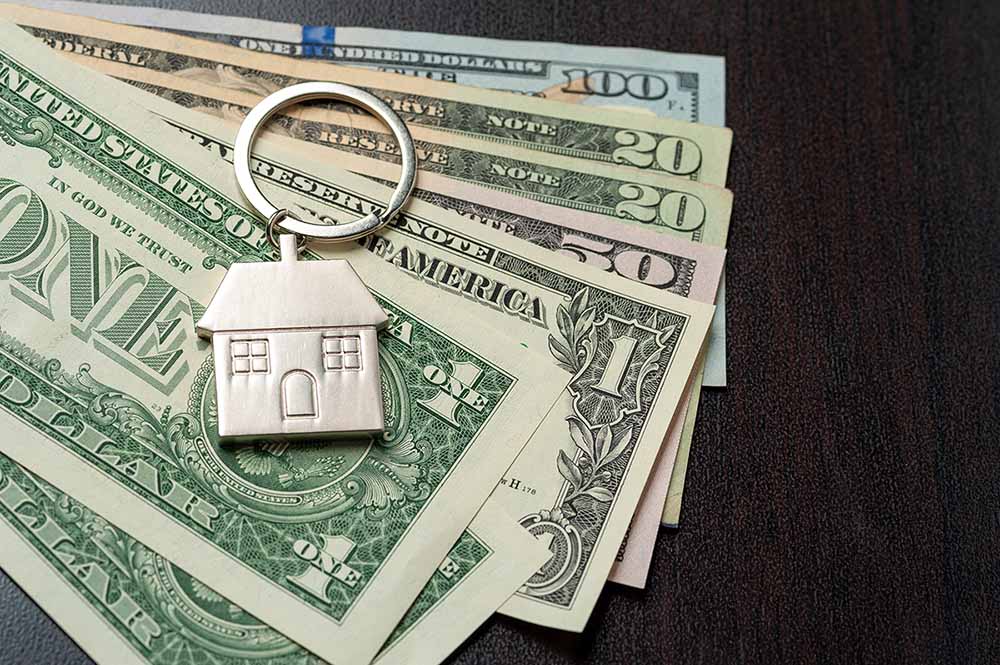What you need to know about closing costs
When planning to buy a new home saving for the down payment and applying for a mortgage are usually top of mind, but there are other costs associated with paying for a new home. Closing costs are fees that the borrower must pay to third-party vendors who provide services needed to get the loan cleared to close. Closing costs typically run between 3-7 % of the loan amount. Closing cost items are usually paid for by the buyer, but in some cases, the seller, realtors, or another party will contribute. To make it easier for the borrower, these fees are typically collected by the lender and paid by the settlement agent to the vendors. The fact is that there are always fees associated with closing a loan, even if the ad says NO closing costs!
What are closing costs?
Here are some of the fees required to close a mortgage loan:
Appraisal fee – the fee paid to the professional appraiser who will assess the value of the home you want to buy. Since the house is the collateral or guarantee for the mortgage, your lender needs to know that the property’s value covers the loan amount. Most lenders will not provide you with a mortgage loan amount greater than what the appraiser determines is the property’s fair market value.
Credit report fee – the cost of getting copies of your credit report to assess your mortgage loan application. Your credit score included in your credit report is one of the most critical factors in determining your interest rate on your mortgage.
Title insurance & title services fees – the fees paid to a title company to search county records to make sure that the title to the property you wish to buy is clear and free of any complications like pending debts or liens.
Government recording fee – the fee required to register the property under your name and record the mortgage or deed of trust.
Homeowners insurance – this charge is for the insurance you must buy for the property to protect you from a loss associated with a fire or other disaster. Homeowners can choose to let the lender pay the insurance from an escrow account.
Initial deposits for an escrow account – this is the money you are required to pay in advance to establish your escrow account so that the lender can pay for homeowners insurance, taxes, and other charges.
What is a closing?
A closing is a meeting involving all the parties who will sign the final documents. At this time, you will pay the closing costs or, in some cases, add them on to the loan balance if applicable. Once that is settled, you get the key to your new home. Usually, the closing occurs at a title company or an escrow office. Your loan officer should provide you with a copy of the closing disclosures at least three business days before the closing date. This document will detail the various fees and services associated with closing your loan. As stated before, the fees can be 3-7% of the loan amount, so you must be aware of these costs ahead of the closing date.
Closing day is an exciting day because you get the keys after you finish signing the many closing documents, and you and your family can now enjoy your new home. Contact one of our experienced Connecticut loan officers to get started.





